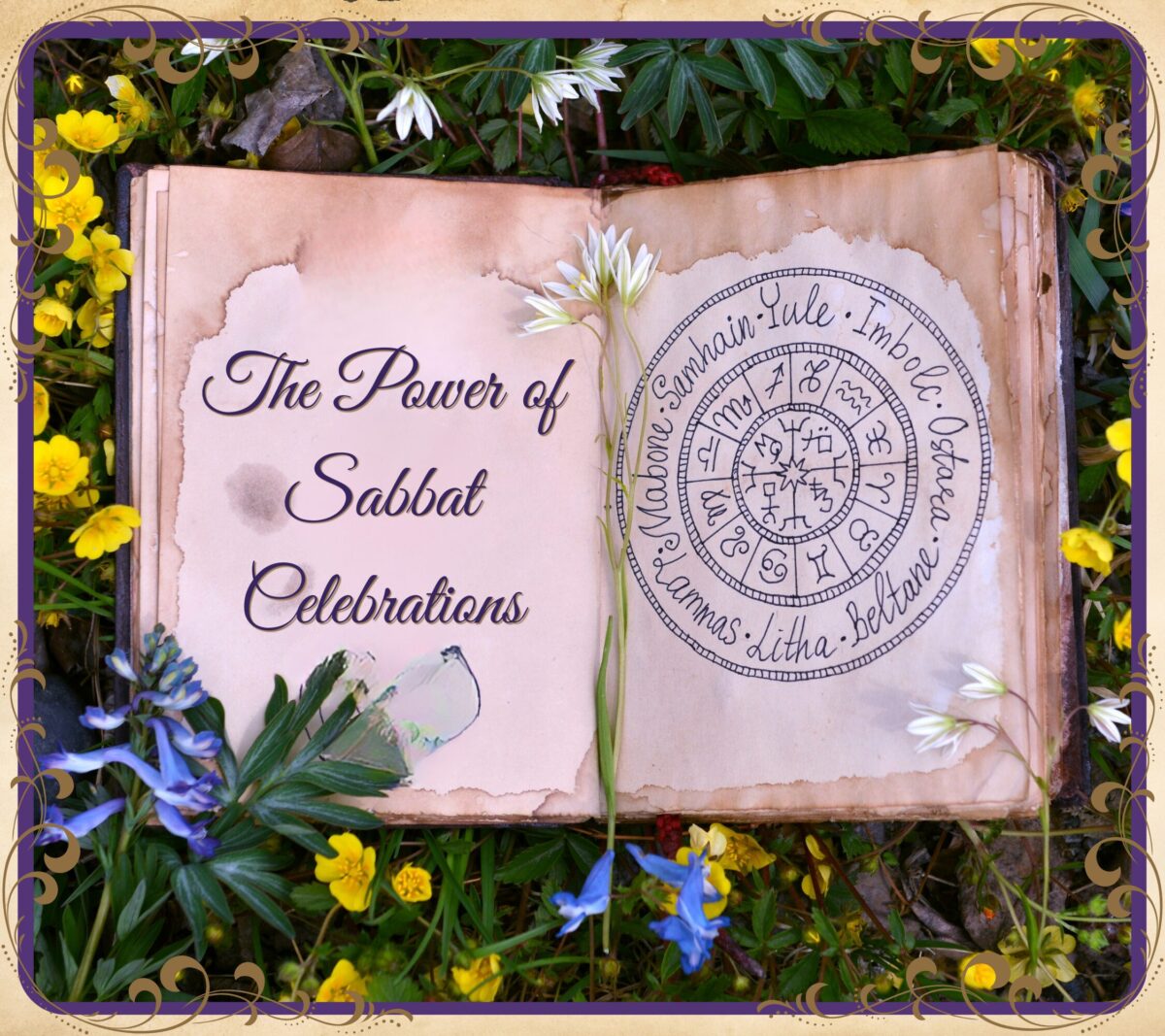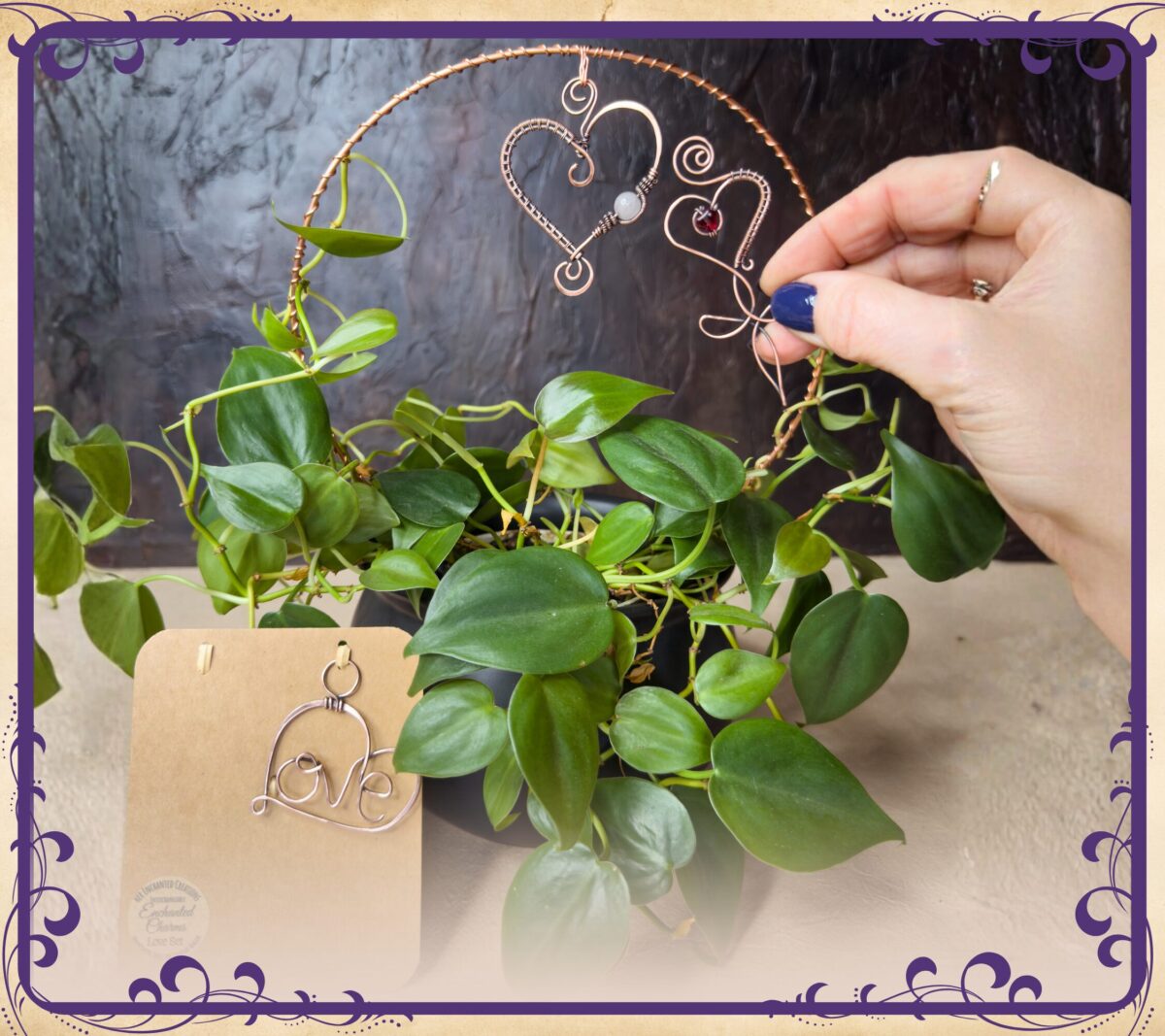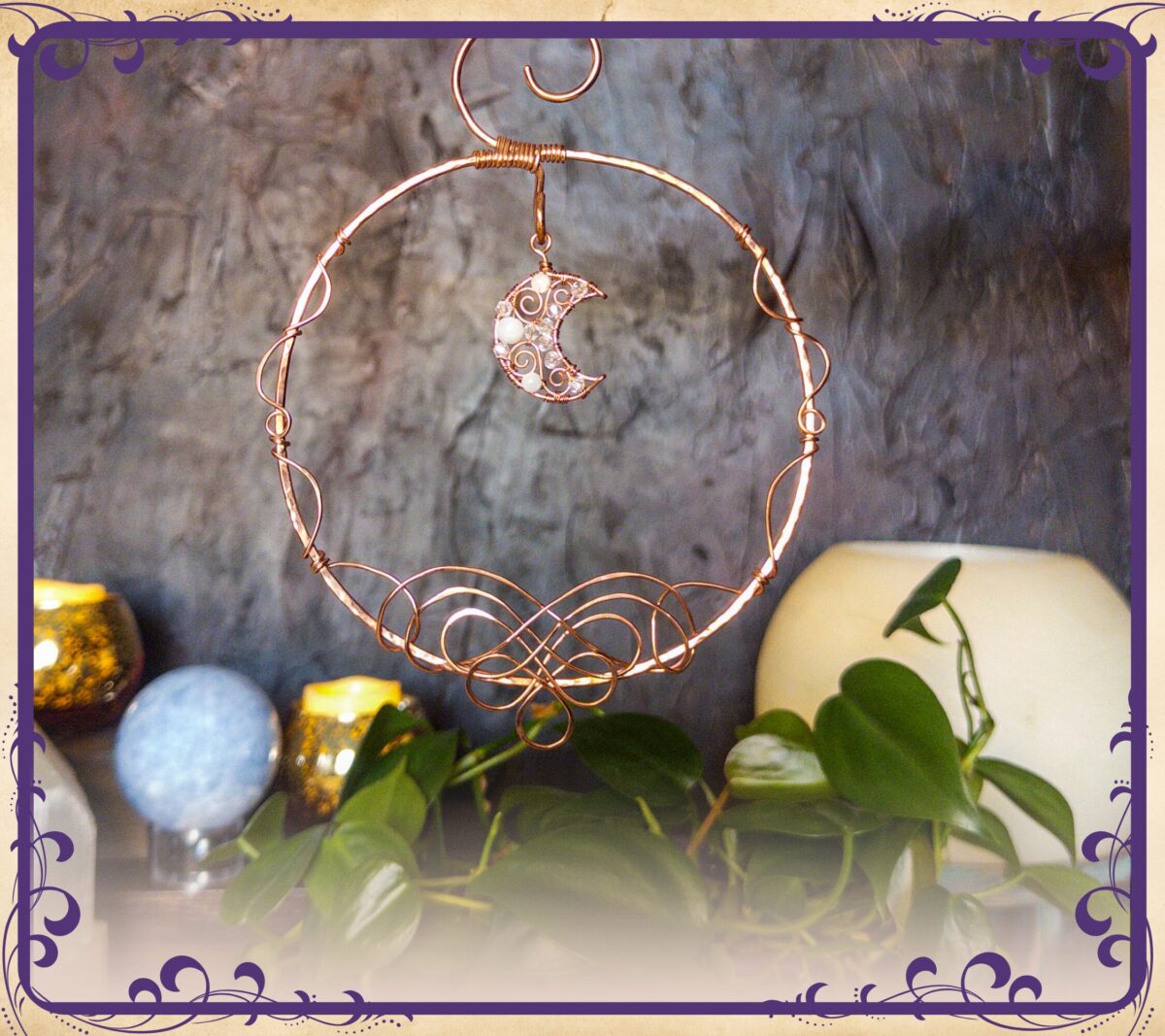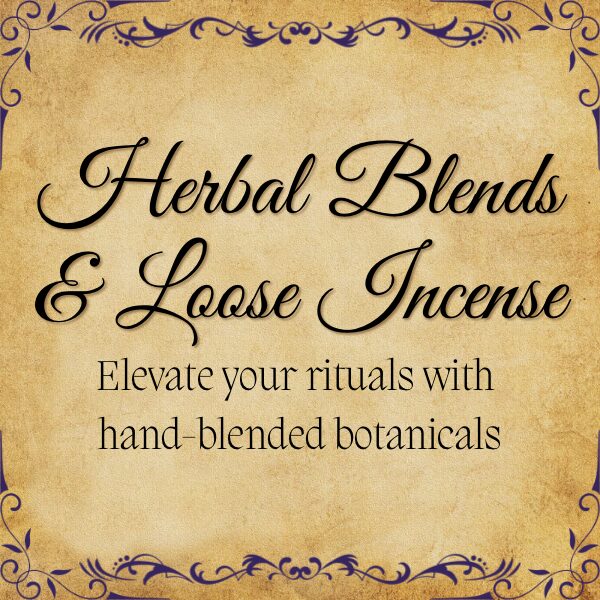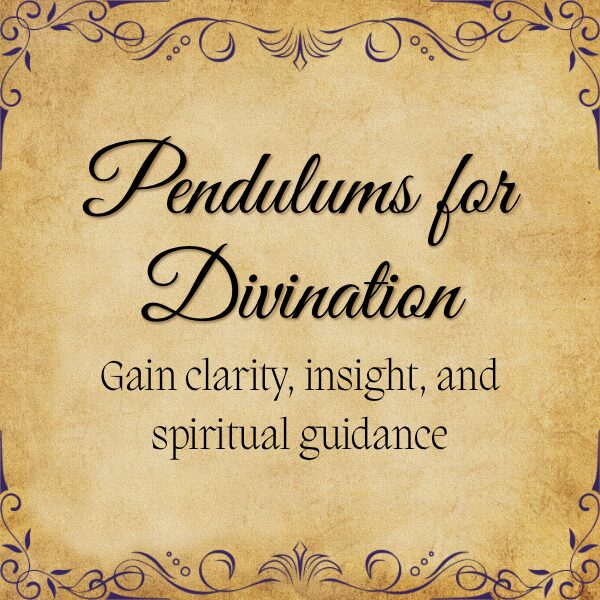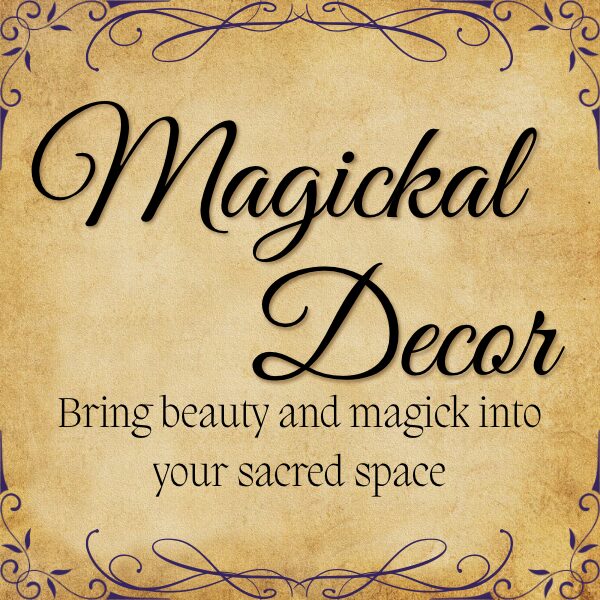After decades of following the Wheel of the Year, the seasonal rituals are second nature to me. So, like so many things we do as second nature, while I embrace the energy and process of these Sabbat celebrations, I’ve rarely sat down to consider the core question of “why.”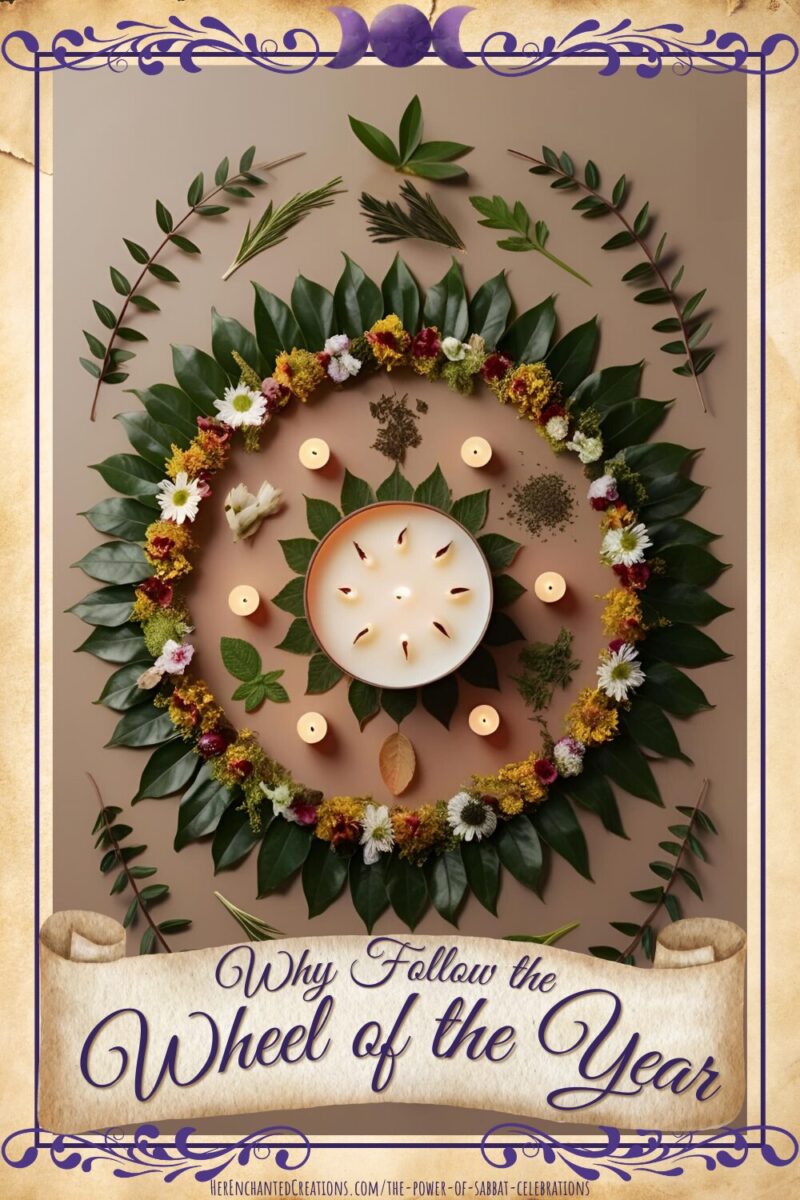
I suppose, in part, following the Wheel of the Year is simply a part of my early Wiccan training. It’s what my lessons revolved around, it’s what my High Priestess taught, it’s what our coven did. Honoring the cycle of the seasons and celebrating the seasonal Sabbats was simply an entrenched foundation of the path my soul was called to follow.
Since those early days, I’ve heard many of the arguments attempting to dismiss the Wheel of the Year. Arguments invalidating any historical claims, discussions pointing out the irrelevance of the various Sabbats' meanings in our current non-agricultural lifestyles, dismissive claims that the Wheel of the Year is a mythological mish-mash. I’ve studied, sat in meditation, grappled with my own feelings about the conflict between these arguments and my own training. And in the end (well, in the now, really, since these are my current beliefs), I realized that like so much of any spiritual path, it comes down to faith, alignment, and adapting the underlying message and lessons to my own life.
The Power of Living Seasonally—Even Today
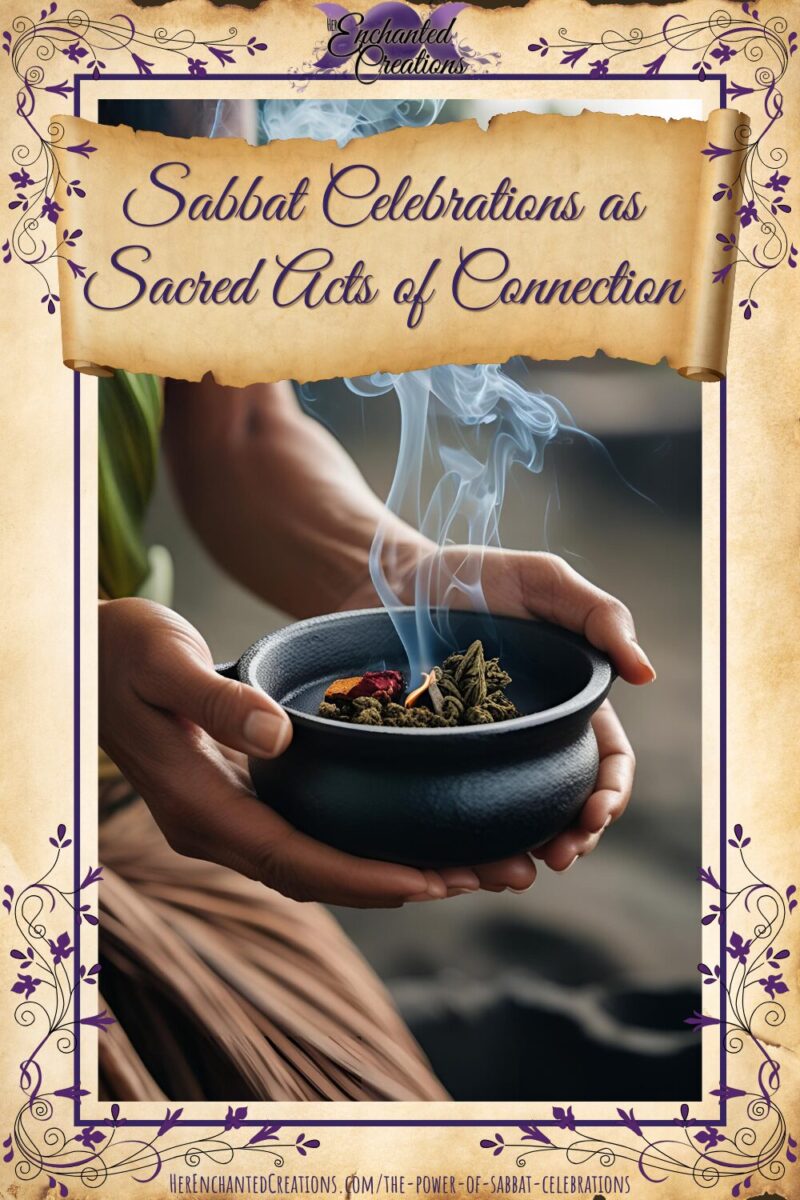
While I’m not milking animals or harvesting grain by the bushel, I do tend to a small family garden each year—and even in that simple act, I feel the rhythm of the seasons moving through me. The deep inward pull of winter, the stirrings of inspiration in spring, the fire of creativity in summer, and the release and reflection of autumn—they all still speak to me. The Sabbats offer me the language, the rhythm, and the sacred pause to honor these shifts.
Living in tune with seasonal rituals gives me grounding. It brings awareness to the passing of time and reminds me that I am a part of nature—not separate from it. There's something deeply powerful about returning, again and again, to these sacred cycles. They mirror the spirals of our own lives—growth, release, stillness, and rebirth. Even in a modern world, this connection holds deep magick.
Making Sabbat Celebrations Personally Meaningful
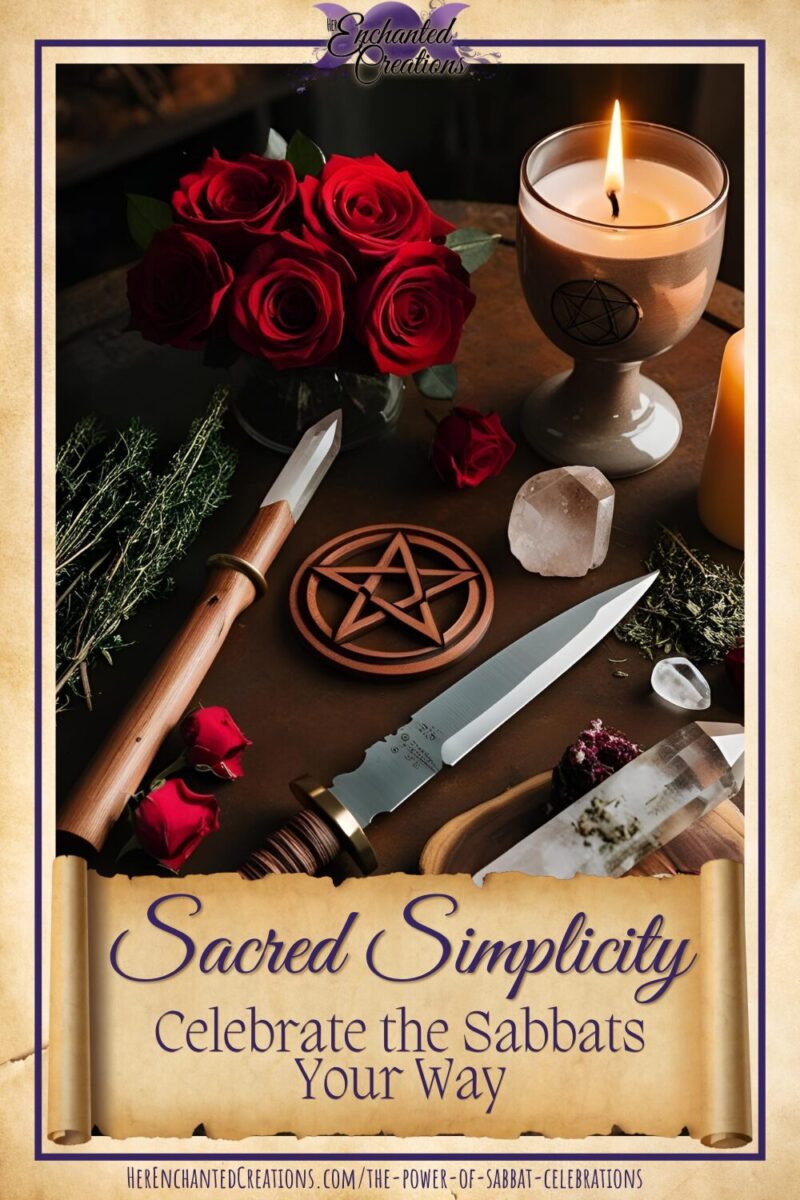
I don’t see the Sabbats as a rigid calendar of agricultural rites, but as archetypal gateways for personal transformation.
Imbolc invites me to kindle new energy and ideas. Ostara marks the renewal of goals once planted and now ready to bloom. Beltane stirs the fires of passion, joy, and creation within me. Litha celebrates the height of vitality and encourages me to shine fully into the world. Lammas reminds me to stay dedicated to the work—and to pause in gratitude for how far I’ve come. Mabon asks me to seek balance, to honor both what I have gained and what I must release. Samhain is a time of deep power, a turning inward, where I honor my path, explore my lineage, and meet the parts of myself that live in shadow. Yule becomes the sacred moment of rebirth, a promise of light returning after the darkness.
Rather than trying to force ancient meanings into my modern life, I let the energies of the season guide me. The symbols remain, but their messages are aligned with my personal experiences, evolving with each year’s lessons. In this way, the Wheel becomes not just a cycle of the earth, but a mirror for my own growth and transformation.
These moments of connection—whether grand or humble—are what Sabbat celebrations are truly about: aligning with nature's rhythm in a way that reflects your soul’s journey.
Adapting Sabbat Celebrations Traditions to Fit the Practitioner
Over the years, my rituals have evolved. Some Sabbat celebrations are marked with candlelit altar work and spellcasting. Others unfold more quietly—a mindful walk through the changing season, a simmering pot of herbs filling the house with intention, or a few slow breaths beside a flickering flame. And in full honesty, there are times when life feels so hectic and heavy that all I can manage is stepping outside, turning my face to the sky, and whispering a simple acknowledgment of the day. Simplicity doesn’t diminish a ritual’s sacredness—in many ways, it makes the moment more true, more rooted in where I am.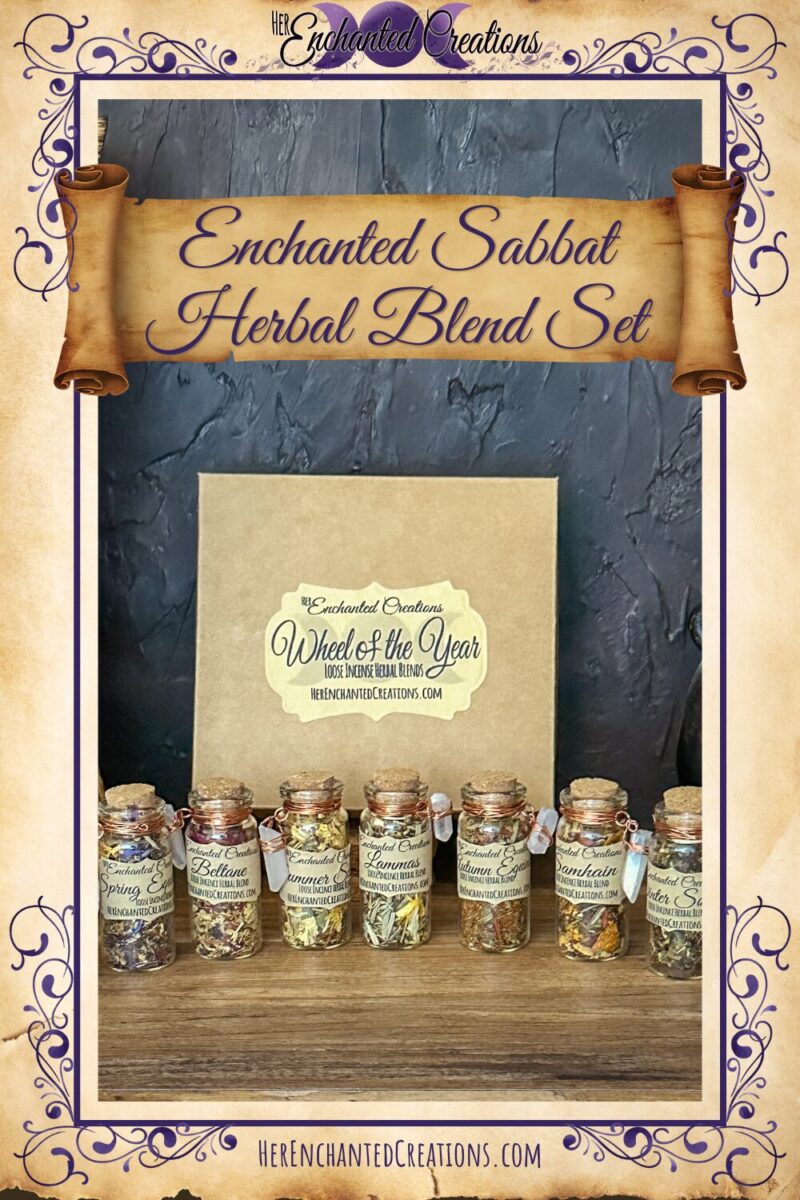
My collection of Enchanted Sabbat Herbal Blends grew from this same belief: that even the smallest act—lighting a pinch of loose incense, stirring a simmer pot, or anointing the air with sacred smoke—can hold deep meaning. Each blend is ritually crafted to align with the energy of the Sabbat it honors, making it easy to bring intention into your space, whether through a full seasonal celebration or a quiet moment of connection. These blends have become one of my favorite ways to mark the turning of the Wheel—simple, sensory, and sacred.
The Role of Faith and Devotion in Magickal Practice
Spiritual practices don’t need to be historically precise to carry deep spiritual meaning. Most magickal traditions were passed down orally, shaped by the needs and understanding of the communities who practiced them. While the interpretations of the Sabbats that emerged in the 1960s may not align perfectly with historical records, that doesn’t mean we should dismiss them outright. They offer a structure—an invitation—to engage with the sacred cycles of nature. I’ve come to honor the Wheel of the Year not as a static historical truth, but as a spiritual map—one whose paths and landscapes may shift over time, but still lead us into connection, insight, and transformation.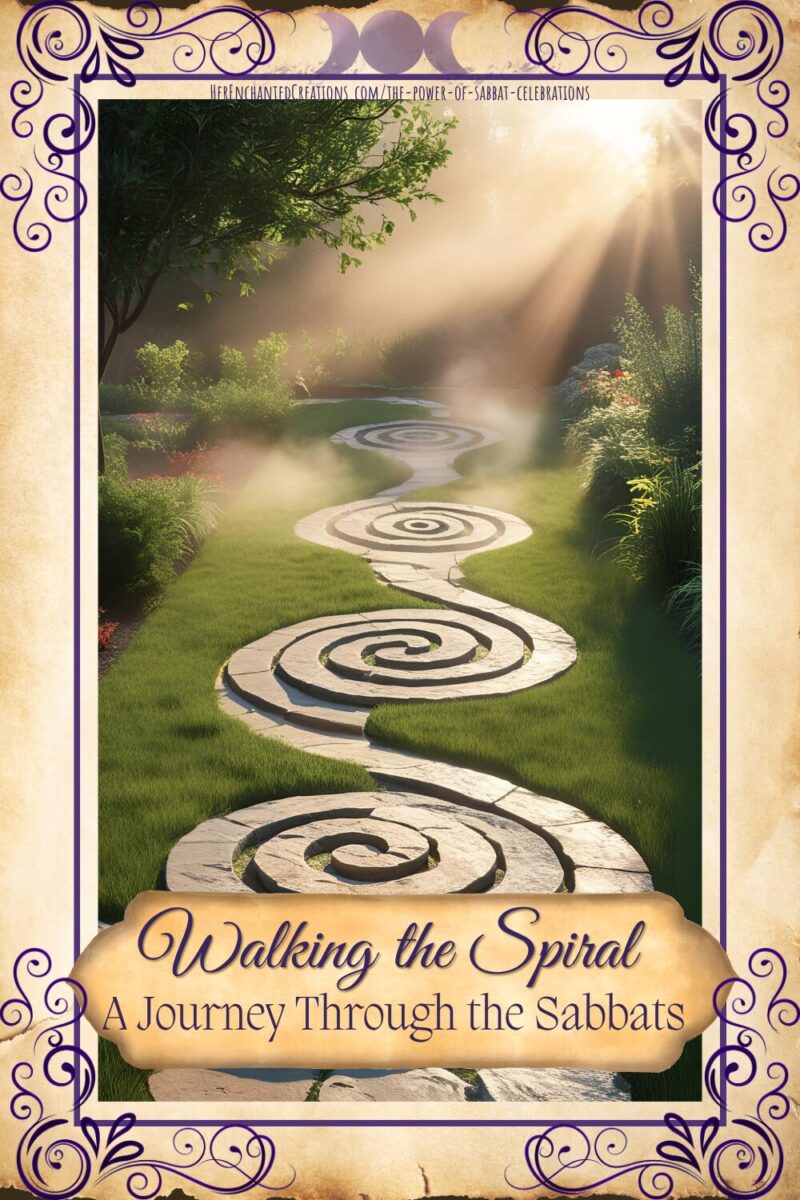
Or simply, it’s faith. Faith in the cycles. Faith in the meaning I’ve cultivated through years of practice. Faith in the magick I’ve lived and witnessed—season after season, year after year.
The Deeper Meaning Behind My Sabbat Celebrations
I still follow the Wheel of the Year because it helps me remember who I am. It anchors me in something ancient, something alive. Through every shift in my life—through growth and grief, through celebration and stillness—honoring the seasonal Sabbats remains an integral part of my spiritual path.
It reminds me to notice. To feel. To reconnect. Whether my rituals are elaborate or simple, whether I’m feeling powerful or tender, the Wheel turns—within me and around me.
Sabbat celebrations have become anchor points throughout my year, gently drawing me back into rhythm, remembrance, and reverence. I don’t celebrate because I’m expected to. I celebrate because it keeps me connected—to the land beneath my feet, to the unseen threads of spirit, and to the soul of the path I’ve chosen.

